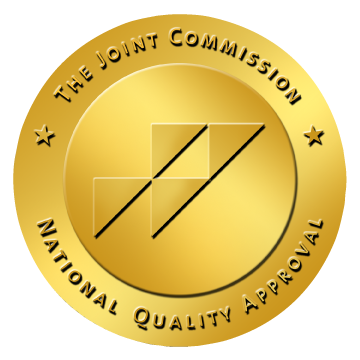In our journey towards understanding and healing, one of the most significant obstacles we face is not always the condition itself but the stigma attached to mental health. This stigma is a powerful force, shrouded in misconceptions and prejudices, that can prevent individuals from seeking the help they need. Yet, as society progresses, there's a growing movement dedicated to dismantling these barriers and fostering an environment where mental wellness is prioritized and discussed openly. Let's explore the nature of mental health stigma, its consequences, and how we can collectively move past it to create a more inclusive and supportive community.
Mental health stigma manifests in two primary forms: social stigma, characterized by prejudicial attitudes and discriminating behavior directed at individuals with mental health conditions, and self-stigma, which occurs when these negative stereotypes are internalized by the person suffering from a mental health condition. This can lead to feelings of shame, inadequacy, and isolation.
The repercussions of stigma are profound and far-reaching. It can lead to:
To effectively address the stigma surrounding mental health, it's crucial to understand its origins. The stigma is not a modern phenomenon but has deep historical and cultural roots that have shaped perceptions of mental illness throughout centuries. Recognizing where these attitudes come from can help us challenge and change them.
Understanding the roots of mental health stigma is the first step in changing the narrative. By addressing these historical, cultural, media, educational, and social factors, we can dismantle the misconceptions and prejudices built up over centuries. Education, open conversations, and positive media representations can shift perceptions, encouraging a more compassionate and inclusive approach to mental health.
Moving past the stigma of having mental health challenges is a profoundly personal journey, often involving both introspection and action. Here are some practical, day-to-day strategies individuals can adopt to cope with and move beyond stigma:
Knowledge is a powerful tool against stigma. Learn about your mental health condition from reliable sources. Understanding your experience can help demystify your condition for yourself and others, reducing the power of stigma.
Mental health challenges are not a sign of weakness or failure. Treat yourself with kindness and compassion, like a friend facing similar struggles. Acknowledge your feelings and remember that your condition does not define your worth.
Sharing your experiences with trusted friends, family, or support groups can be liberating. It contributes to your healing process and can challenge the misconceptions of those around you, reducing stigma.
Reaching out for professional help is a sign of strength. Whether it's therapy, counseling, or psychiatric care, getting the help you need is a critical step in managing your mental health and challenging the stigma that may hold others back from seeking care.
Surround yourself with people who understand and support your journey. This could be through online communities, support groups, or friends and family who offer a nonjudgmental space to share your experiences.
When safe and appropriate, stand up against mental health stigma in your daily life. Correcting myths, sharing facts, and advocating for respectful language can influence the attitudes of those around you.
Your mental health challenges are only one part of you. Focus on your talents, achievements, and the things you enjoy. Celebrating your strengths can boost your self-esteem and remind you that you are more than your condition.
Regularly engaging in activities that promote relaxation and well-being, such as mindfulness, exercise, or hobbies, can improve your mental health and help you maintain a positive outlook.
Learn to say no to situations or individuals negatively affecting your mental health. Setting healthy boundaries is crucial for self-care and can empower you to prioritize your well-being.
Moving past the stigma associated with mental health is not an overnight process, but each step taken is a step toward a more empathetic and understanding society. Educating ourselves and others, fostering open conversations, and advocating for systemic changes can help dismantle the barriers that prevent individuals from seeking the help they need and deserve. Let's commit to being part of the solution, breaking the chains of stigma, and paving the way for a healthier, more inclusive world.
